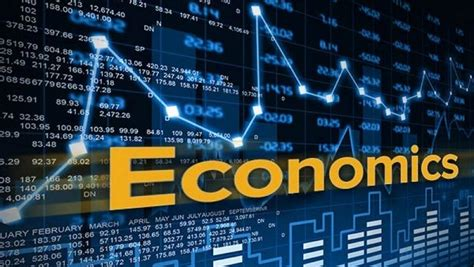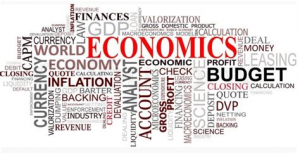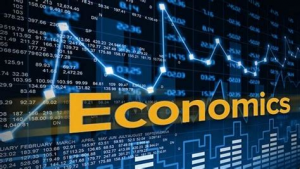
What is economics? The word “economics” comes from the Greek words euros, which means “of equity” and phiseia, which means “study.” Economics is the study of how individuals interact with value; especially, the distribution, production, and consumption of goods and commodities. It is a branch of economic theory, which studies the process of production and distribution of goods and services on the market.

One branch of economics that most people are familiar with is industrial or institutional economics, which studies the decisions made by actors in the economy. There are two main types of actors in an economy; firms and consumers. Firm economists focus on those firms and their decisions to invest, expand, and produce. Consumer economists focus on those decisions that they make, such as saving and spending habits. If you need help with Bookkeeping Chippenham, visit Chippendale and Clark

The study of economics can have a direct impact on public policy. Public policies affect private individuals and firms and the overall economy through changes in the domestic monetary and fiscal policy, interest rates, and financing of the economy. An important feature of economics is its relation to social science. Economics has many theories and concepts that have wider applications than just the basic study of production, distribution, investment, consumption, and financial markets. Some of these are political science, which studies governmental institutions and policies; business economics, which studies the interaction of producers and consumers in the firm economy; and micro economics, which studies the interactions of individuals in small firms.